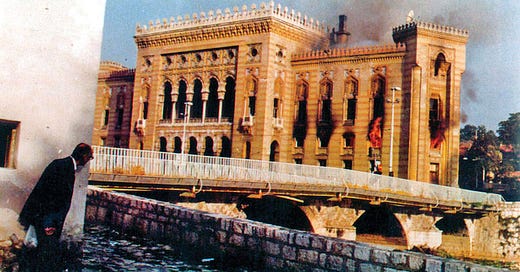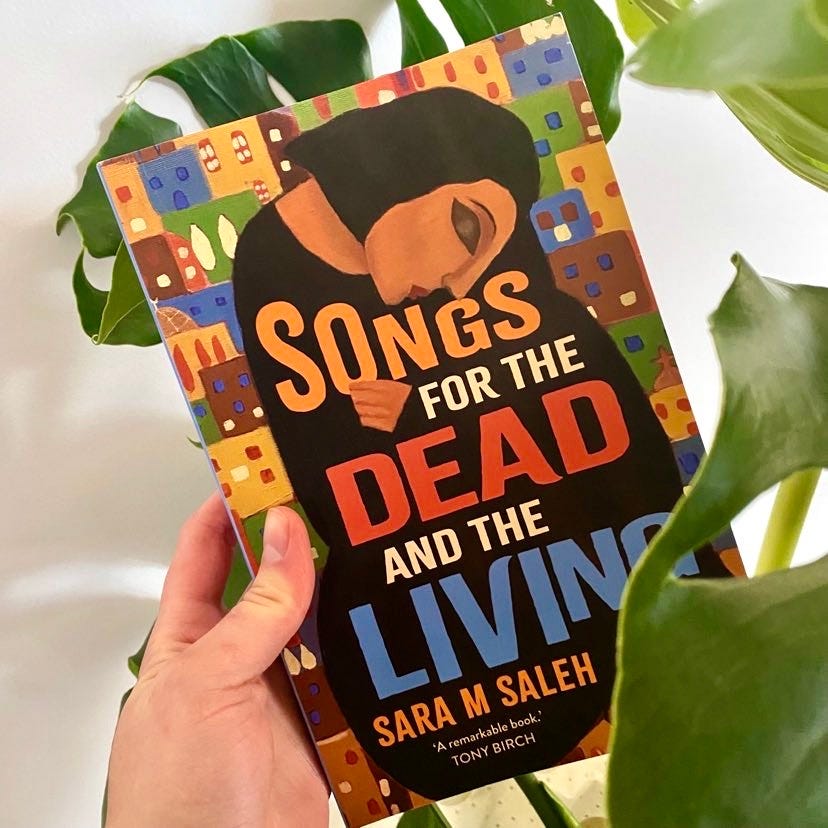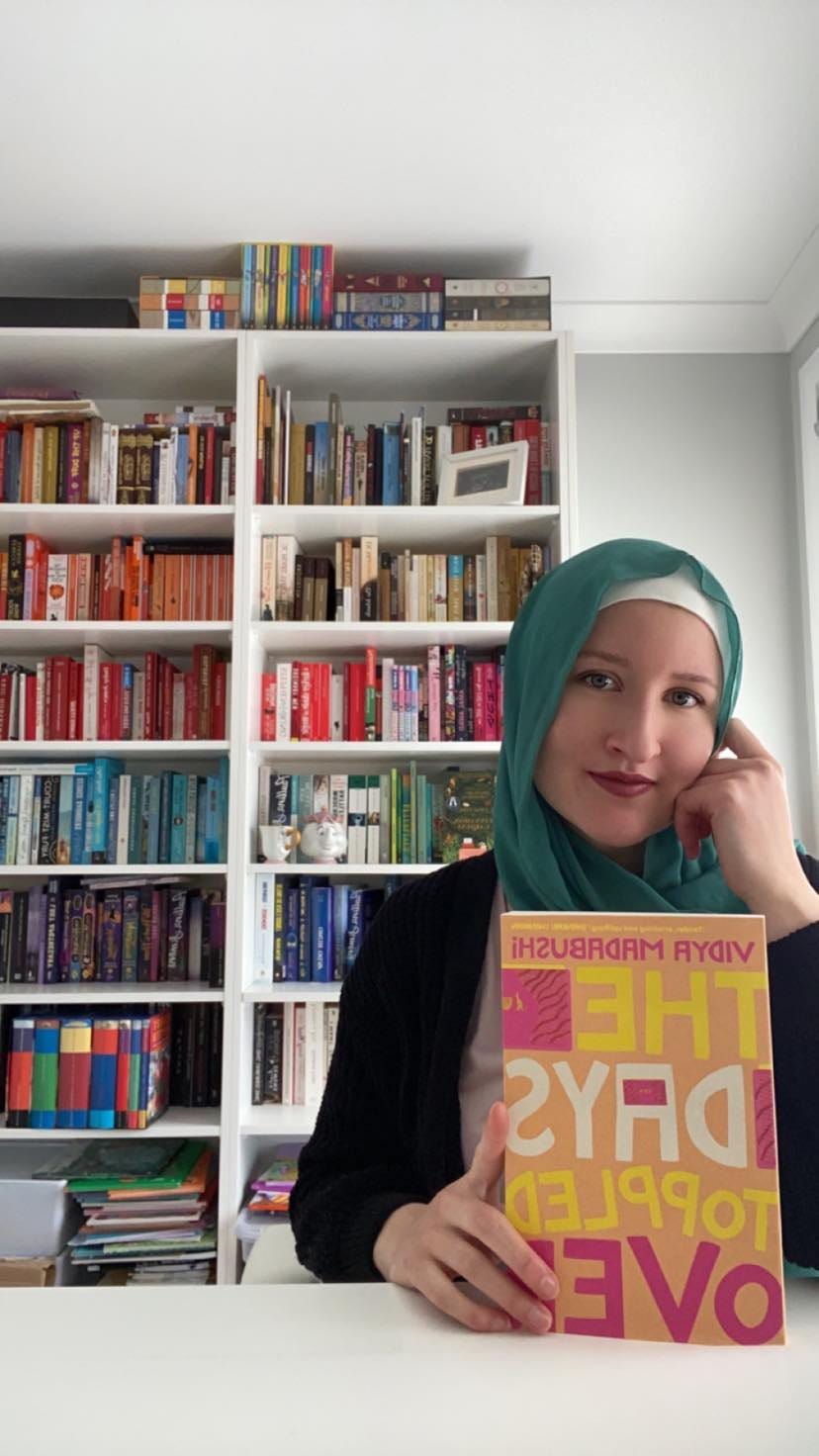Why books burn
Literature, stored in our libraries and archives, act as revelations of cultural expression. Burn this and you strangle a civilisation.
It is 1992, and colours of red and orange and yellow engage in a dance of flames, swallowing an entire library of nearly two million books, some five hundred years old, their ancient pages disintegrated, never to be read again. The history of a people gone with it, too, their only reminder embers, like snow, falling from the ashen sky. It was the National Library of Bosnia and Herzegovina in the multiethnic city of Sarajevo during a devastating siege that killed over ten thousand of its people.
The world promised never again back in 1945. Yet: vibrant Ottoman-era manuscripts, gone; stories of a time under Austro-Hungarian rule, gone; communist manifestos declared under the State of Yugoslavia, gone. The intentions of the perpetrators were clear: to ethnically cleanse the culture, history, and identity of Bosnian Muslims and the Bosnians of Bosnia and Herzegovina.
Amidst scorching flames, many attempted to save the burning pages unable to bear the crackles that echoed through the war-torn city, and many would lose their lives doing so. But why risk their lives for books, to defend them? Mula Mustafa Bašeskija, a Bosnian chronicler, poet, and retired Janissary in the Ottoman Empire, once wrote: “That which is written down endures, that which is remembered disappears.”
To preserve the written word - and to bathe in its knowledge - is to preserve one’s memory and identity. Here, I am reminded of a beautiful poem by Kaveh Akbar, titled The Miracle. It is a poem that begins with Qur’anic emphasis on the act of reading.
Gabriel seizing the illiterate man, alone and fasting in a cave, and commanding read, the man saying I can’t, Gabriel seizing him tighter, commanding read, the man gasping I don’t know how, Gabriel squeezing him so tight he couldn’t breathe, squeezing out the air of protest, the air of doubt, crushing it out of his crushable human body, saying read in the name of your lord who created you from a clot, and thus: literacy. Revelation.
For many Muslims, this is a story known by heart - the story of first revelation. But in this retelling - the “squeezing him so tight he couldn’t breathe, squeezing the air of protest” - stresses not only the importance of reading and knowledge, but how literacy can define the essence of a human soul, to squeeze “the air of doubt” about who we once were and who we ought to be. And for the the 1.8 billion Muslims around the world, the Qur’an is their identity.
Why are books targets of war? For this reason.
Libraries provide the material from which our national identities are built. It is how we develop a collective consciousness of ‘us’ as a people, a type of cultural identity that speaks from the heart. When books are burnt, collective memories are lost and so, too, is the thread that binds people to their past lives, to their ancestors. We cannot know who we are without knowing who we once were. Literature, stored in our libraries and archives, act as revelations of cultural expression; it is not only central to social order and to the ordering of history, but it connects us to our national and cultural identity. Burn this and you strangle a civilisation.
But for perpetrators this is what they want: to redefine civilisation in their own terms, to demoralise and ‘de-nation’ a people. By ridding a civilisation of their source of knowledge - of who they are as a people and their connections to their ancestors - they have the power to rewrite history, to start from a blank page. Perpetrators know words matter because with words come meanings and memories that are magically preserved. So, when books burn, they do not burn because their physical presence is a threat. Books burn because they are links to memory, to history, and to culture.
Without memory, there is no identity.
And where no books lie lies instead historical amnesia.
This is why we must support our libraries and our archives (like Trove, an archive of the National Library of Australia, which almost lost funding by the government earlier this year). This is why we must support authors and their stories. This is why we must support organisations like the Australian Society of Authors who promote and protect the rights of Australia's authors.
For without them, who are we?
What’s been happening BTS?
Website Things
I have a new post up on my website, reflecting on my time in Melbourne at the Australian Historical Association conference.
Bookish Things
I recently reviewed Sara M Saleh’s debut novel Songs for the Dead and the Living, a book I found joy in reading. Here’s a snippet:
Sara M Saleh's debut novel Songs for the Dead and the Living, published through Affirm Press and the Sweatshop mentorship program, is a poignant story about loss and love, displacement and discovery, masculinity and matriarchy. It is a story that explores what it means to lose a home in a world unforgiving; centuries of history destroyed with a single explosion of bullets, bombs and bigotry.
I turned the last page of Vidya Madabushi’s Australian debut The Days Toppled Over last Monday night, just in time for my chat with her the next day. It is a poignant book about love and family, but also a book that gives a voice to the often voiceless: international students in Australia. Last Tuesday, I spoke to Vidya about the inspiration behind her book, how she writes warm, relatable characters, and the power love. One of my favourite lines from my interview with Vidya was when she said: “Do you have to be understood to be loved?” Want to see what our interview was all about?
I picked up The Bird Singers by Eve Wersocki Morris again after a while. It sat on my bookshelf, unfinished, for a good year. The story is picking up now and I am slowly learning to enjoy it. It is a middle grade novel that follows two sisters as they navigate a strange new town to uncover the mystery of the birds. The writing is a little too predictable and the characters don’t seem to have a unique voice. But I am only halfway, so we shall see how it goes!
I have SIX new books on their way: Shirley Le’s coming-of-age tale Funny Ethnics, Melanie Saward’s debut novel Burn, Katherine Brabon’s third release Body Friend, Alli Parker’s debut At the Foot of the Cherry Tree, Pip Finkemeyer’s Sad Girl Novel, and Zeynab Gamieldien’s The Scope of Permissibility. I cannot wait to share with you more about these, so do read on below!
Tea Time Tuesdays & Upcoming Events
Every few weeks I celebrate the important work authors do as part of my Tea Time Tuesdays interview initiative. I speak with Australian (and international) female authors about their writing, publishing process, books, upcoming releases, and all the things that make them who they are.
SAVE THE DATE
3 OCTOBER 2023
Tea Time with Inda Ahmad Zahri, author of Twice the Love.
31 OCTOBER 2023
Tea Time with Katherine Brabon, author of Body Friend.
NOVEMBER 2023 - DATE TBC
Tea Time with Alli Parker, author of At the Foot of the Cherry Tree.
Tea time with Melanie Saward, author of Burn.
DECEMBER 2023 - DATE TBC
Tea Time with Zeynab Gamieldien, author of The Scope of Permissibility.
Tea Time with Pip Finkemeyer, author of Sad Girl Novel.
I also want to say CONGRATULATIONS to two subscribers who WON a copy of Vidya’s novel, The Days Toppled Over, during our Tea Time Tuesday session! Every so often I do giveaways. It is my way of saying thank you to all my lovely subscribers for tagging along with me on my writing journey and a thank you to the wonderful Australian female authors who are enriching the world with their wholesome books.
If you’d like to receive perks like these, please subscribe and share my newsletter with friends and family! You will not only support me as an emerging writer, but Australian authors and their books, too.
Writing and Work Things
I am currently writing a book chapter to be published by Brill on the cultural history and identity of Australian Muslims. In this chapter, both Mahsheed Ansari and I explore the ways in which Australian Muslims are engaging in the creative space, offering new ways of identity and cultural expression that was not present in community-building initiatives of the post-war period. This is an exciting read, though the deadline sure is fast approaching! Wish us luck!
I am currently working on the last two chapters of my non-fiction novel about Sheikh Fehmi and the Muslim community in Australia. It has been a very, very, long journey but the end is near, and I cannot wait.
I have been inspired to get creative with a middle-grade novel that I’ve put on pause for a little over a year now. Titled The Thief Who Stole the Moon, the novel is a Muslim-inspired version of The Grinch Who Stole Christmas. To get my middle-grade voice going, I have picked up some new middle-grade novels to read. I’ll keep you posted on how this goes! If you have any recommendations, send them by way! You can reach me on Instagram here.
I spent the last three days marking papers. It has been hard. And while this week is my last teaching week for the term, I have another round of marking to do before I can breathe again. This week, my students will explore decolonisation: what it means and how our world looks like today.
Life Things
I have been trying to do more self-care lately, especially learning how to be more present and take care of my mental health. It’s been hard, but I am getting there.
I am obsessed with my all-time favourite podcast, Empire, featuring William Dalrymple and Anita Anand. Their new season unpacks the Russian Empire - and Russian history has always been close to my heart. Give them a listen!
I have been re-watching Vampire Diaries on Stan lately - and I’m loving it! Such a guilty-pleasure type of show, but man, sooo much happens within one season. I’m struggling to remember what they left for the following however many seasons! I did hear the offshoot, Legacies, is amazing, so that’s next!
I think I will end my second newsletter here. I hope this was an enjoyable read and I would absolutely LOVE some feedback!
Until next time,
Mirela xx
[i] Stan Grant, Australia Day (HarperCollins Publishers, 2021).










Great newsletter, Mirela. Love the article and the importance of literacy. Also I love Vampire Diaries so much too. Such a great guilty pleasure that I return to every few years. I'm watching the OC on Stan too. So much fun.